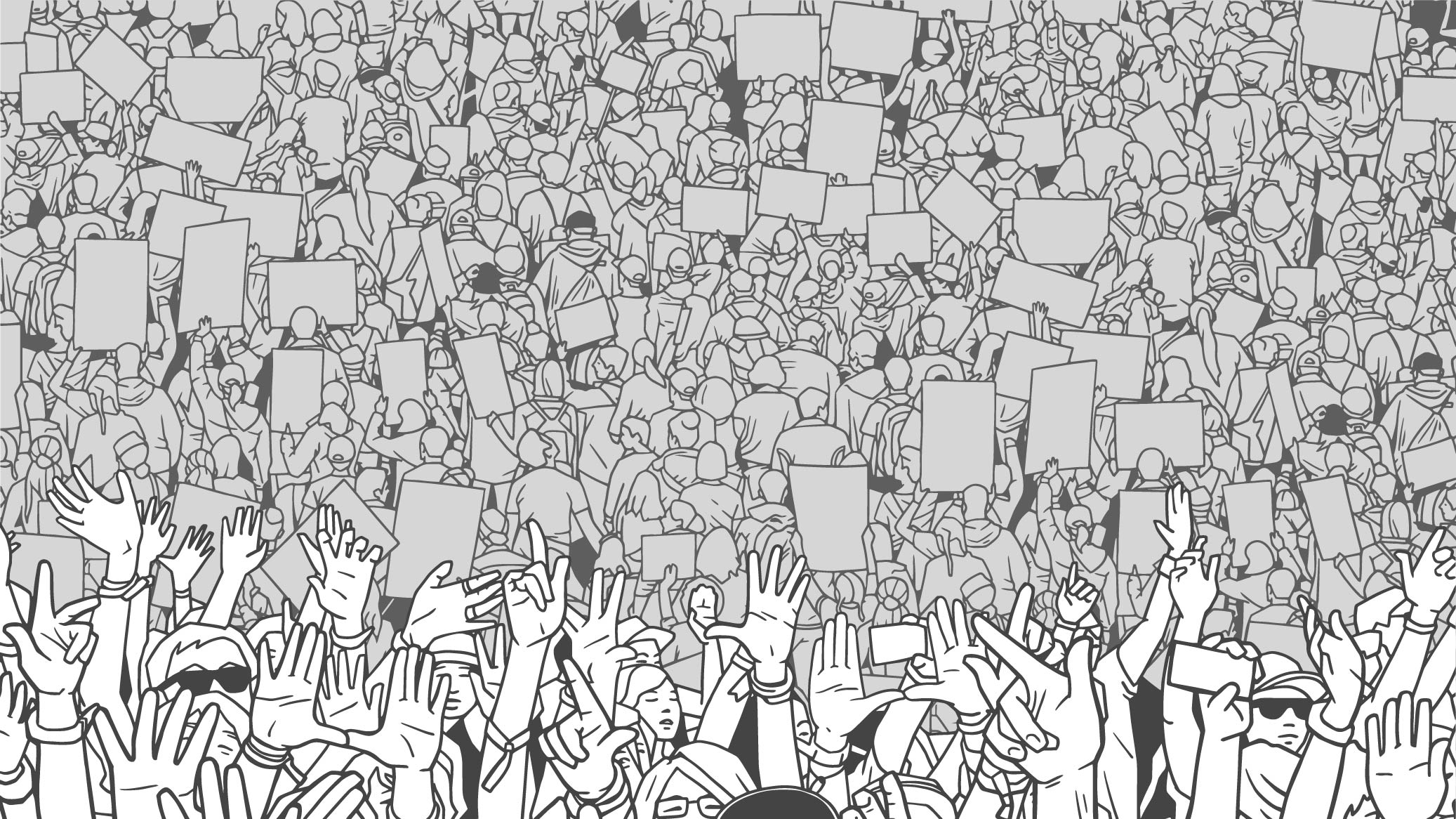The Industrial Revolution redefined labour, introducing mechanization that displaced traditional crafts and reshaped economies. In response, trade unions emerged as a counterbalance to unchecked industrial power, securing rights such as collective bargaining, workplace safety, and fair wages. These victories were not merely economic – they were democratic.
Today, artificial intelligence is the new disruptive force. It automates tasks, alters job profiles, and challenges the very definition of “worker.” Just as unions once fought for humane conditions in factories, they now confront algorithmic management, opaque data practices, and surveillance risks. The battleground has shifted, but the stakes remain high: dignity, fairness, and voice.
Democracy rests on the premise that individuals and groups can speak, organize, assemble, and advocate for change without fear of reprisal. In this context, trade unions’ freedom of expression has become one of democracy’s most embattled front lines. Its preservation is not merely a labour issue – it is a barometer of the health of our political and civic life.
Yet too often, institutions that profess a steadfast commitment to democratic principles and participatory governance fall short of embodying these ideals in practice. The European Union, which positions itself as a champion of social dialogue, fundamental rights, and inclusive policymaking, should serve as a model of institutional integrity and responsiveness.
But as Nathalie de Montigny – lawyer contributing to this issue – observes:
“In my practice, I have often been struck by the contrast between declared principles and actual practices. On the one hand, institutional discourse promotes social dialogue, diversity, and listening; on the other, internal practices quickly perceive criticism as a threat and confine debate to purely formal consultation procedures.”
This dissonance between rhetorical affirmation and procedural conduct not only erodes public trust but also inhibits the emergence of authentic participatory culture. When critique is pathologized and deliberation reduced to symbolic gestures, the democratic promise of the institution is diluted.
It is therefore incumbent upon senior leadership – particularly those entrusted with safeguarding the legitimacy and credibility of the institution – to confront this gap by starting with a cultural shift: one that embraces constructive criticism as a vital component of institutional resilience rather than a threat to its authority.
In this context, trade unions should be recognized not as adversarial entities but as indispensable partners. Their role extends far beyond the articulation of demands; they serve as early-warning systems, capable of identifying latent tensions and facilitating resolution before conflicts escalate. Their contributions – often invisible yet profoundly stabilizing – benefit not only their members but the broader institutional ecosystem.
To marginalize or fear such actors is to undermine the very architecture of democratic dialogue. Instead, institutions must cultivate a climate in which unions are engaged proactively, their insights valued, and their presence regarded as a sign of institutional maturity rather than vulnerability.

